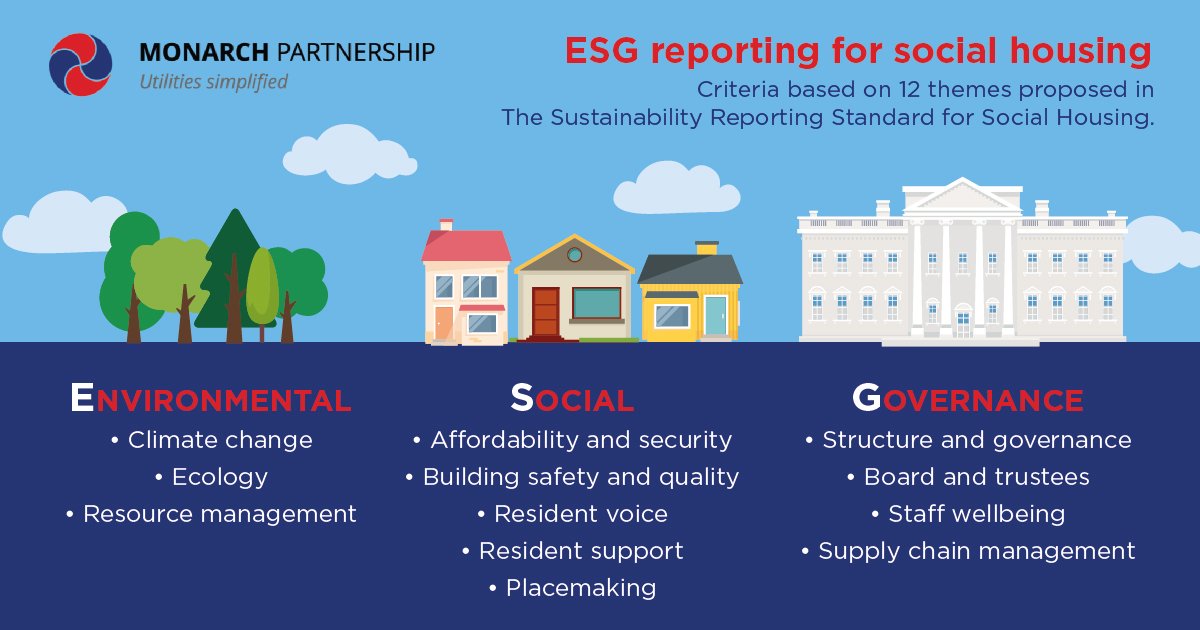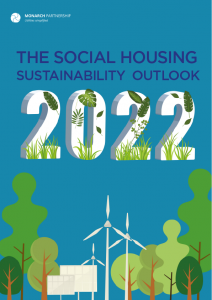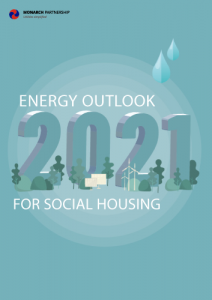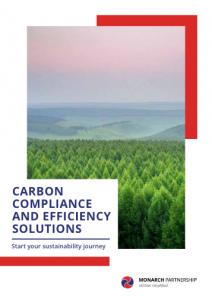Environment, Social and Governance (ESG) refers to factors that characterise sustainable, responsible, and ethical investment. These areas are becoming increasingly important to private investors and clients, as climate change continues to progress rapidly.
As the world focuses on reaching a sustainable future, it is essential that countries, businesses and individuals make significant changes. Agreeing to ESG standards means a business must conduct themselves ethically. Which will bring benefits for both the environment and the business itself.
So, what is ESG and why is it so important for businesses to adhere to it?
What is ESG?
ESG is becoming more and more prominent in the eyes of directors and stakeholders. This means that having an ESG strategy will become crucial for organisations looking to secure funding.
Following the regulations requires complete transparency and genuine sustainability, which is now essential to the future growth of any business. This is especially true in the case of housing associations. Which are intrinsically tied to ESG, due to their responsibilities within their communities.
As sustainability becomes a priority for consumers, it is essential that businesses demonstrate their commitment to helping the Earth. Corporate social responsibility (CSR) is becoming increasingly important, as we move towards a greener future. Meaning businesses must become transparent about their environmental ethos moving forward.
How can you integrate ESG into your business strategy?
Before you can integrate ESG into your business strategy, you must have a clear understanding of how your business currently operates. Risks and inefficiencies can then be identified and rectified.
Establishing targets is a good way of starting to implement ESG within your business. While these goals should be ambitious, they should also be realistic in relation to the current position of your business.
Governments are implementing regulations requiring organisations to increase transparency. Such as Sustainability Disclosure Requirements (SDRs). This regulation ensures investors have the information they need to make informed decisions about where to put their money. Compliance reporting keeps a business’s intentions clear to its clients, while also staying in line with legislation. Securing funding in the future may also rely on a company’s ESG strategy thanks to financial guidelines like the TCFD.
What is the ESG reporting approach for housing associations?
The Housing Group’s report proposes 12 themes and 48 criteria for ESG reporting by housing associations. The criteria have been mapped to global approaches and reporting standards such as Sustainable Development Goals (SDGs) and Task-Force on Climate Related Financial Disclosures (TCFD).
The 12 core themes are:
-
Affordability and security (Social)
The extent to which long-term homes are genuinely affordable and provided to those on low incomes
-
Building safety and quality (Social)
How effective the housing provider is at meeting its legal responsibilities to protect residents and keep buildings safe.
-
Resident voice (Social)
How effective the housing provider is at listening to and empowering residents.
-
Resident support (Social)
The effectiveness of the initiatives that the housing provider runs to support individual residents.
-
Placemaking (Social)
How housing providers create well-designed homes and communal areas that meet local needs and provide great places for people to live and enjoy.

-
Climate change (Environmental)
The impact of the housing providers activities on climate change, and how they mitigate the physical risks of climate change.
-
Ecology (Environmental)
How the housing provider is protecting the local environment and ecology.
-
Resource management (Environmental)
The extent to which the housing provider has a sustainable approach to materials in both the construction and management of properties.
-
Structure and governance (Governance)
The housing provider’s overall structure and approach to Governance.
-
Board and trustees (Governance)
The quality, suitability and performance of the board and trustees.
-
Staff wellbeing (Governance)
How staff are supported and how their wellbeing is considered.
-
Supply chain management (Governance)
If the housing provider procures responsibly.
How can Monarch help?
Businesses face numerous daily obstacles under normal circumstances. So, the pressure to become sustainable may sometimes seem overwhelming and difficult to manage. But it doesn’t have to be.
At Monarch, we aim to keep you ahead of the curve and assist you in becoming future-proofed. We work with our clients to help them understand upcoming trends and adapt to them. Our range of holistic energy management solutions are designed to help businesses switch to eco-friendly alternatives.
Get in touch today to find out how Monarch can help you progress towards a sustainable future.















